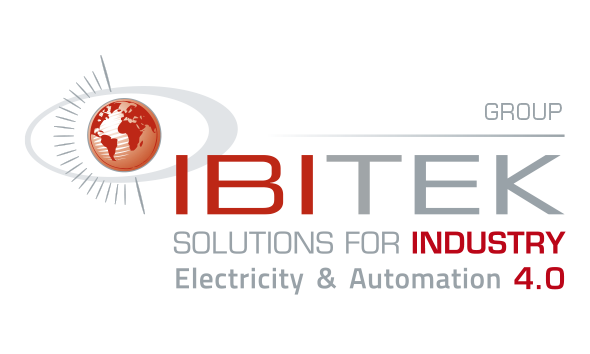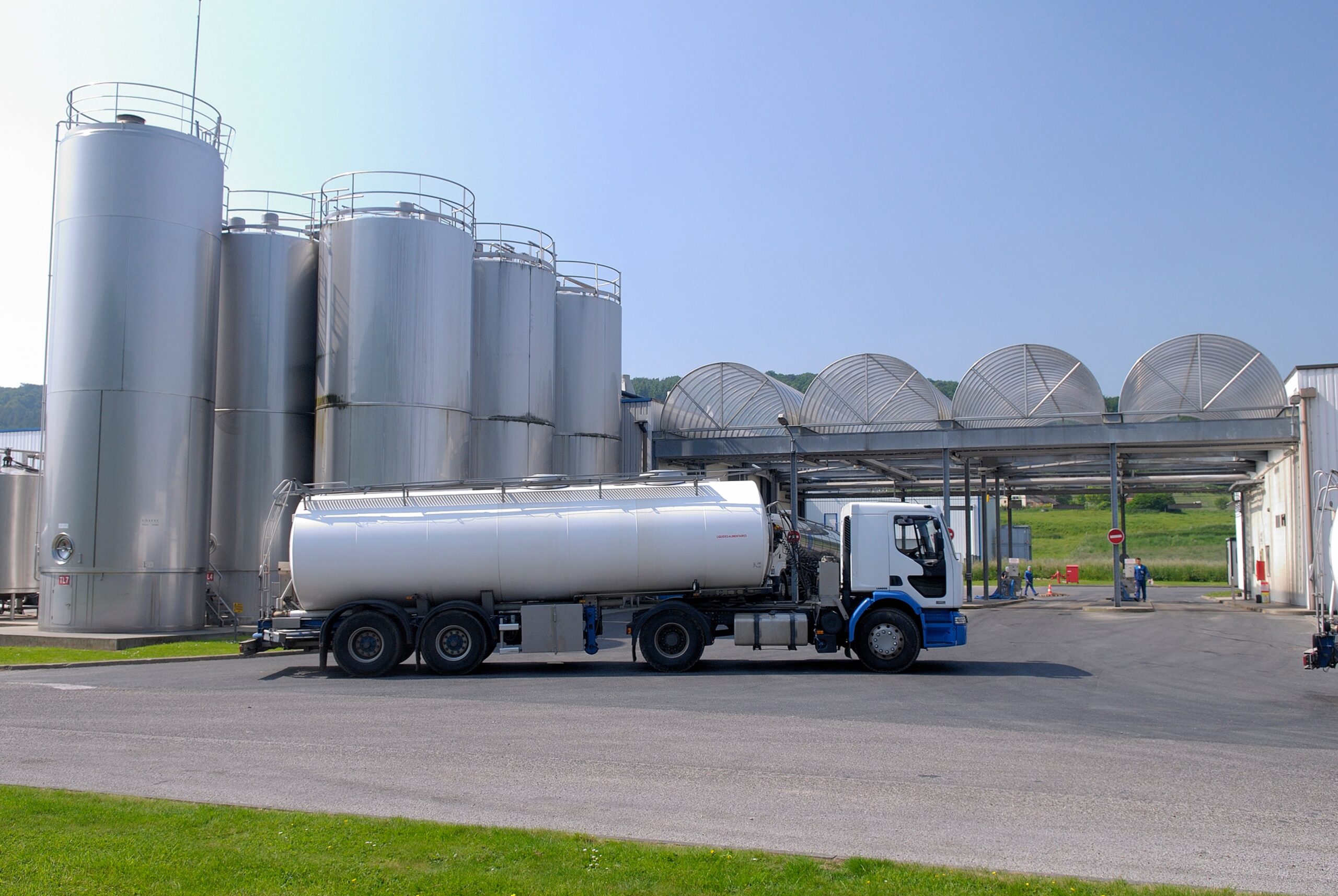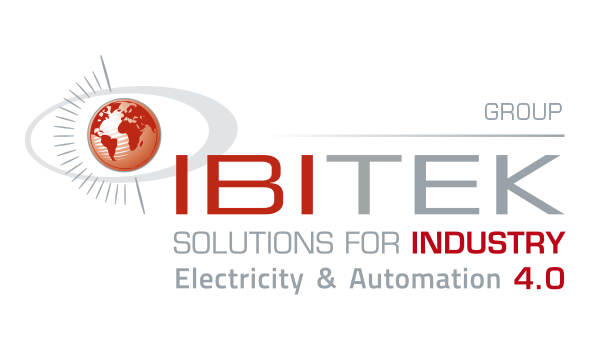In Industry 4.0, logistics and traceability have become essential elements of efficiency and productivity. This is particularly true in the materials industry, where tracking trucks from loading to unloading is crucial to optimizing flows and guaranteeing quality service. The choice of flow management software, coupled with the use of RFID technology, offers numerous advantages for both logistics management and vehicle traceability.
Understanding RFID technology (definition and operation)
What is Radio Frequency Identification technology?
RFID (Radio Frequency Identification) technology is an automatic identification method that uses radio waves to transfer data between an RFID chip and an RFID reader. As part of supply chain management, RFID chips or tags can be affixed to trucks or loads to facilitate real-time tracking.
How do RFID chips and systems work?
RFID technology uses a transmitter-receiver system. RFID chips, which can be active (battery-powered) or passive (powered by the RFID reader), contain specific information. When they pass close to an RFID reader, the latter emits a radio-frequency signal which is picked up by the chip, triggering the sending of the information contained within.
The different types of RFID tags
There are several types of RFID tag, each adapted to a specific application. Active RFID tags, which are battery-powered, have a longer range and can be read over long distances. Passive RFID tags, on the other hand, have no internal power source and are therefore smaller, cheaper and more suitable for objects in close proximity to the reader.
The impact of RFID on logistics
RFID in logistics: why is it important?
RFID technology offers numerous advantages for inventory management and the supply chain. Thanks to real-time analysis of the data collected by RFID chips, it is possible to optimize workflows, improve efficiency and productivity, and reduce costs.
Precise, real-time information on truck location and load status helps avoid delays and errors, improving customer service.
How does RFID optimize the supply chain?
With the help of RFID technology, which uses different frequencies to communicate information, industrial companies can track every step of the logistics process, day after day. RFID chips or cards can be placed on trucks and loads, enabling real-time tracking and data collection for the company database.
What’s more, this information can be consulted almost instantaneously, without physical contact, rather like a radio passing through the human body. Thanks to interoperability with other technologies, such as automated systems to manage removable barriers, two-tone lights and retractable obstacles, the flow of vehicles on the industrial site can be automated and optimized.
The role of RFID in tracking flows: shipping and receiving
RFID technology plays a major role in tracking vehicle flows, both in terms of shipping and receiving. At every point of passage, loading and unloading, RFID enables data to be collected and analyzed in real time, providing an accurate overview of the current state of vehicle flows.
This contributes to the fight against counterfeiting, ensures the physical integrity of products and enhances public health by avoiding any risk of contamination.
Vehicle traceability thanks to RFID sensors
The importance of traceability in the materials industry
In the materials industry, vehicle traceability is essential to guarantee an efficient and secure supply chain. Thanks to RFID technology, each vehicle can be tracked throughout the entire process, from entry to the site to exit. This minimizes errors, reduces lead times and optimizes inventory management.
How RFID improves vehicle traceability
Passive markers, more commonly known as RFID tags, affixed to vehicles in various industrial sectors enable them to be identified and tracked throughout their journey on the industrial site, making these vehicles veritable communicating objects.
Thanks to this, managers around the world can have a clear and precise view of the state of the supply chain at all times, almost as if they were making a contactless payment with each vehicle.
What’s more, RFID technology also offers analysis and access control capabilities, enhancing on-site security. As with mass transit systems, some RFID tags can even be designed for single use, ensuring accurate and secure tracking of individual vehicles.
Combining RFID protocols and flow management software
RFID technology, using different frequencies for tracking, when combined with a specific type of application such as flow management software like IBITruck, offers a complete solution for logistics management and vehicle traceability in companies.
This combination, which has evolved over the years, not only tracks vehicles and loads, but also manages access badges, automates certain tasks and analyzes data for optimum supply chain management.
In addition, it offers a modern alternative to the traditional barcode, improving the efficiency and accuracy of inventory tracking and vehicle movements.
The importance of RFID-compatible flow management software
The use of RFID-compatible flow management software is crucial for companies wishing to maximize the benefits of the RFID system. This type of application enables more efficient and accurate inventory management.
Thanks to its range of advanced functions, users can access all data from anywhere on site, via desktop computers, touch-screen terminals, industrial workstations or PDAs. Offering great flexibility, this solution integrates perfectly with your existing processes and technologies, including RFID, contributing to optimal inventory management.
Conclusion
In the materials industry, RFID technology, combined with flow management software, offers a powerful and efficient solution for logistics management and vehicle traceability. Whether to enhance productivity, reduce costs, improve service quality or enhance safety, RFID technology has much to offer modern industry.













